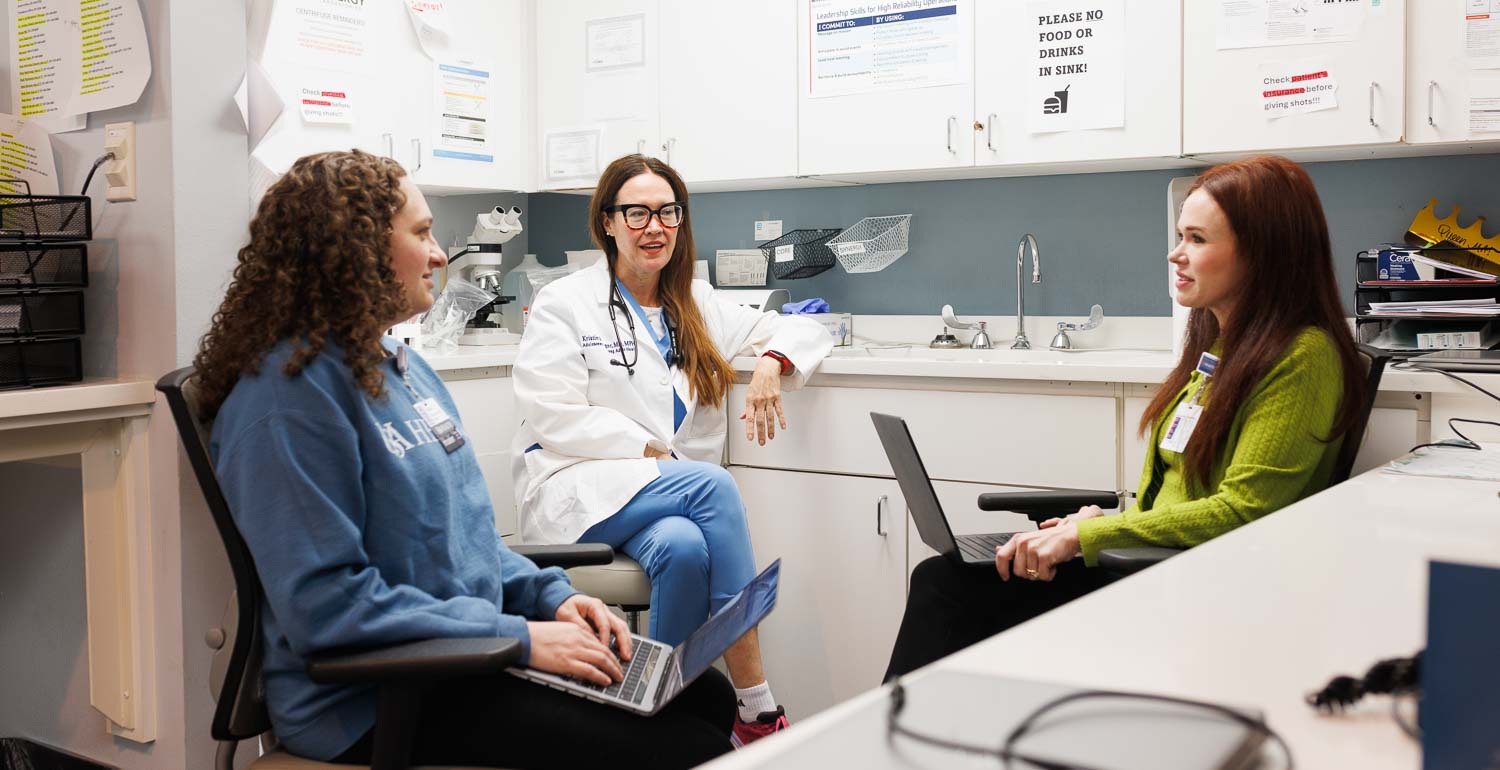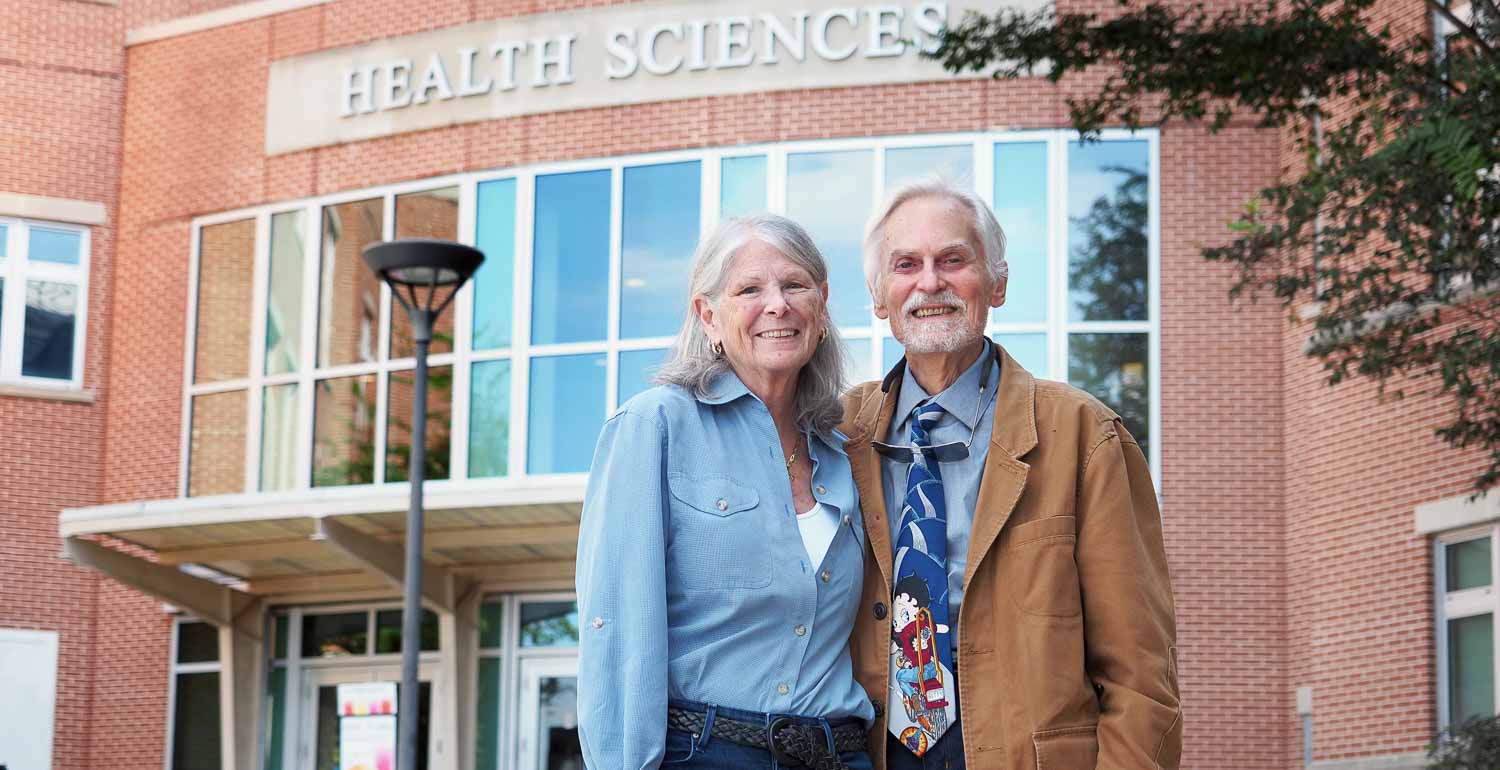Six Years After Oil Spill, Research Continues
Posted on April 21, 2016
The Deepwater Horizon oil spill on April 20, 2010, mobilized a community of scientists and researchers to determine the impact on the Gulf of Mexico. Six years later, University of South Alabama researchers at the Dauphin Island Sea Lab continue to study the impact of the spill, with some surprising conclusions.
"One of the biggest stories of the oil spill was that the devastation was not nearly as great as people thought it would be," said Dr. Ken Heck, chair of University Programs at the Dauphin Island Sea Lab and professor of marine sciences at USA. "The anticipation was it was going to wipe out the Gulf of Mexico, and it didn't happen."
Heck’s determination is based on the fact that when the oil spill occurred, he was already four years into research to examine how some juvenile fishes – specifically speckled trout, grouper, lane snapper and gray snapper – were being impacted in their seagrass habitats by tropical fish moving into the Gulf of Mexico’s warming waters. He and his team, including marine sciences students from USA, repeatedly trawled for their targeted fish in the same areas from the Chandeleur Islands, located south of Louisiana, across Mississippi and Alabama waters, then along northwest Florida.
“My students and I used the same nets that commercial shrimpers use, except they were smaller,” Heck said. “We made certain that we trawled the same areas at the same times on the same days of the year for comparison purposes.”
After the oil spill, many Gulf of Mexico researchers lacked the pre-spill data needed to accurately determine how it could have impacted marine organisms and wildlife. However, Heck’s team was in the unique position of being able to compare pre-spill data against post-spill data.
"If you had known what conditions were like beforehand, then you could make a much stronger assessment of the impact of any environmental disturbance,” Heck said. "This is why we need good monitoring data. It allows you to draw the strongest possible conclusions about impacts.”
Only a year after the spill, Heck and his team published a scientific paper based on their before- and-after research. Another paper followed in 2014.
The marine scientist has studied the Gulf of Mexico from the Dauphin Island Sea Lab for more than 30 years, and he credits the students who work under his direction both on the boats and inside the laboratory. Besides USA students, students from all around the world study marine science at the Dauphin Island Sea Lab, which is home to Alabama’s marine environmental consortium.
“We bring in the best people to do the best work. Mainly, they’re grad or doctoral students, but sometimes we have undergrads work as interns in the lab,” Heck said.
He described his job as training them to do the research while they learn different techniques and skills to become practicing scientists.
“Over the years, I’ve trained and worked with students who went on to every kind of job imaginable in marine sciences, including teaching at all levels of education, working for the state or federal government and in private sector jobs,” Heck said. “While they are here, they are learning, they are advancing research, and they are essential to what we do. They are the people we rely on to get this stuff done.”
One of those students was Whitney Scheffel of Kentucky, who went to work for Heck in 2010 – four months after the oil spill – as a lab intern studying for her master’s degree from South. After she earned her degree last year, Heck hired her as full-time project manager on post-oil spill research paid for by the Gulf of Mexico Research Initiative, funded from restitution and fines imposed on British Petroleum – which operated the oil rig that caused the spill when it exploded and sank. Now, Heck and Scheffel’s research is being done in conjunction with a consortium of scientists.
“When I came here, I’d never even seen the Gulf of Mexico, but I like working here so much that I now live on Dauphin Island,” Scheffel, 28, said. “Dr. Heck was a great teacher, he’s a good boss, and our research is important to the Gulf.”
However, the scientists know the flow of post-oil spill money will eventually end, and for that reason, they push to continue research into as much of the oil spill’s effects as possible in the time remaining.
Heck added, “A lot of work continues to be done to understand the environmental, the economic and the health effects of the oil spill.”



